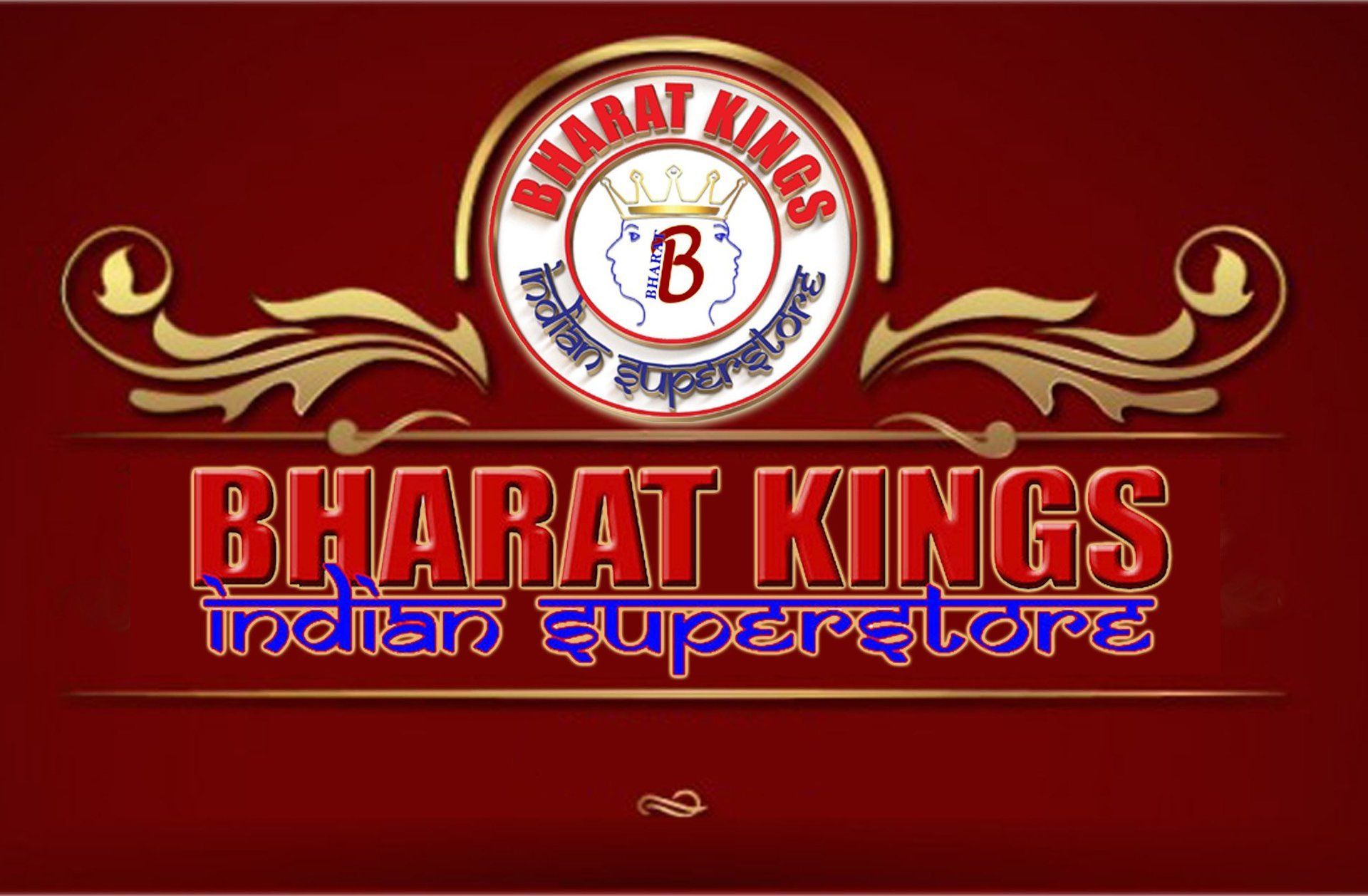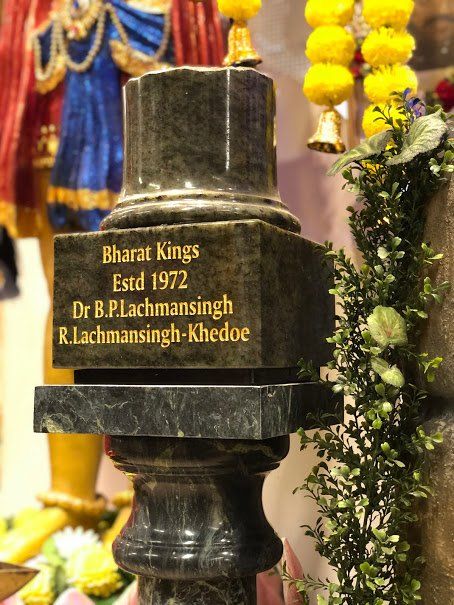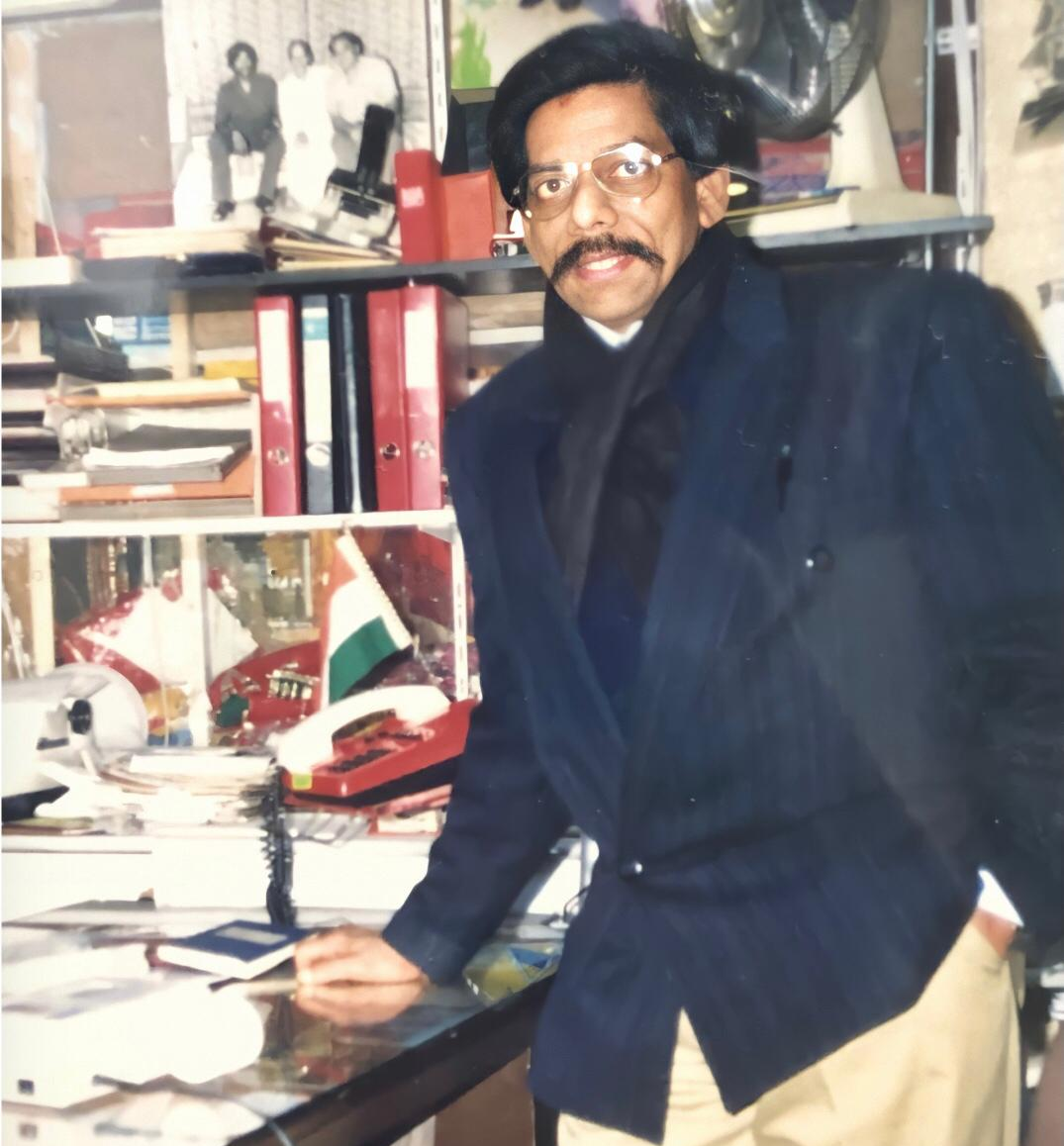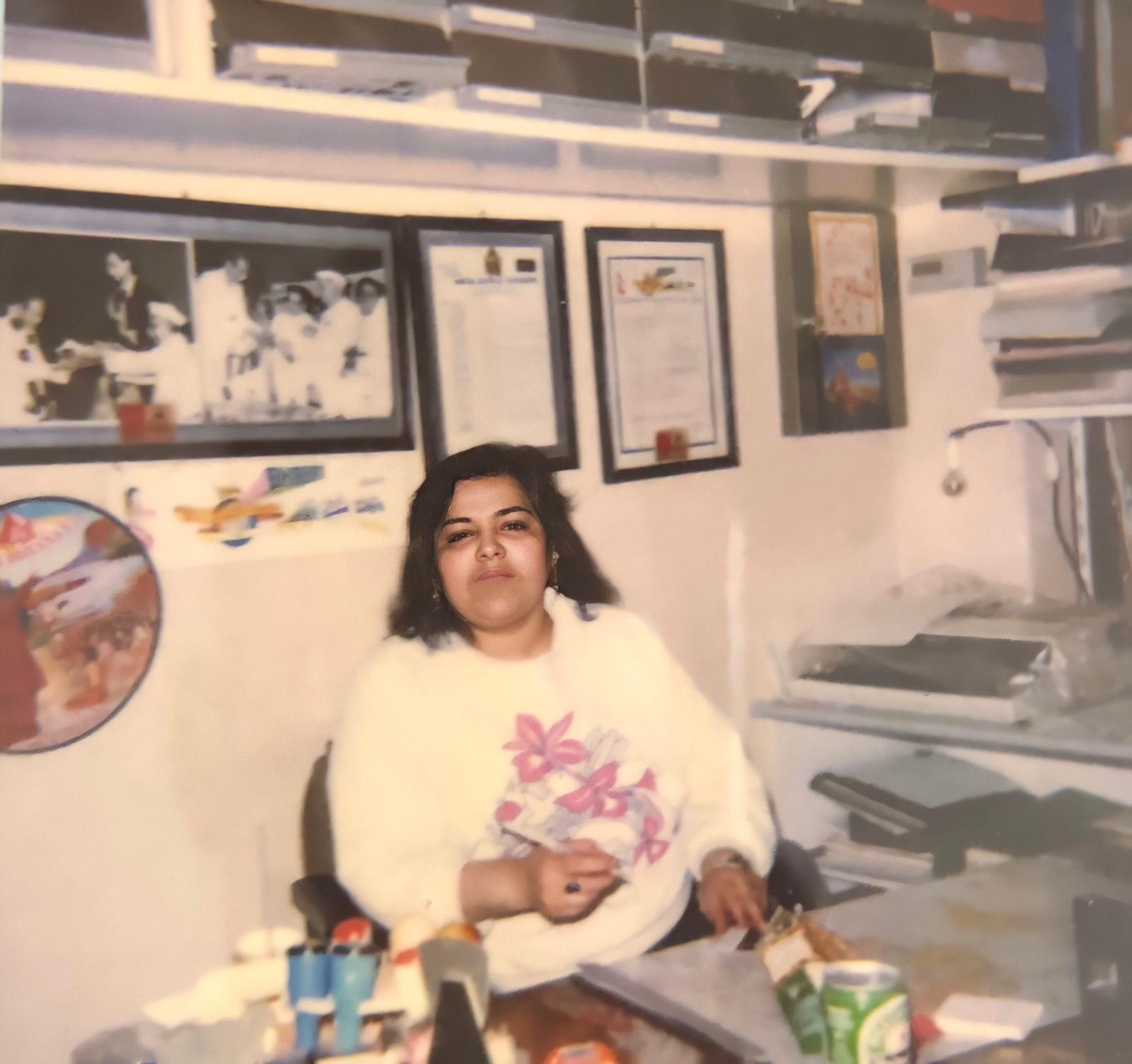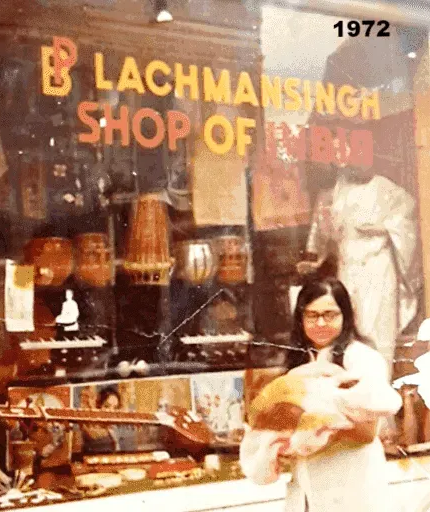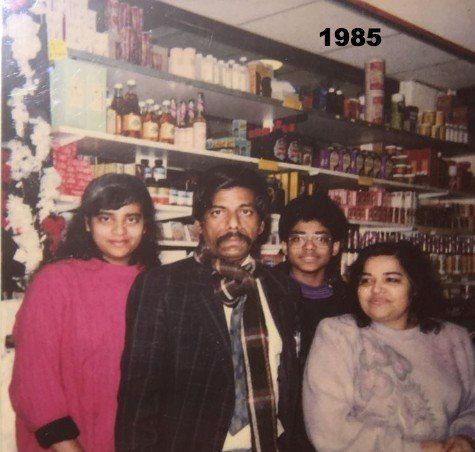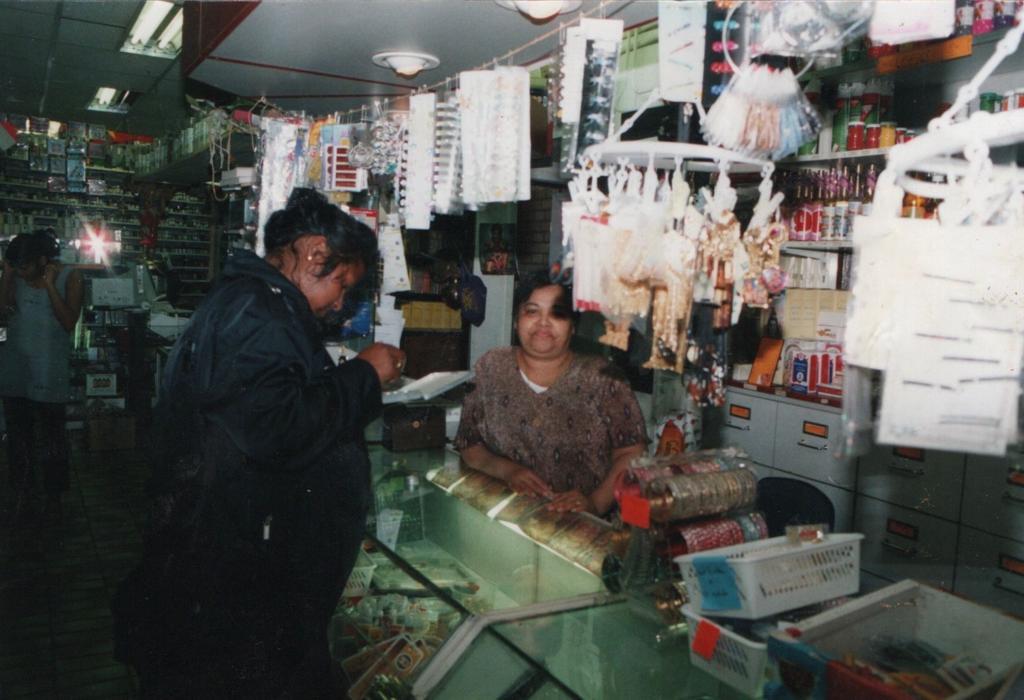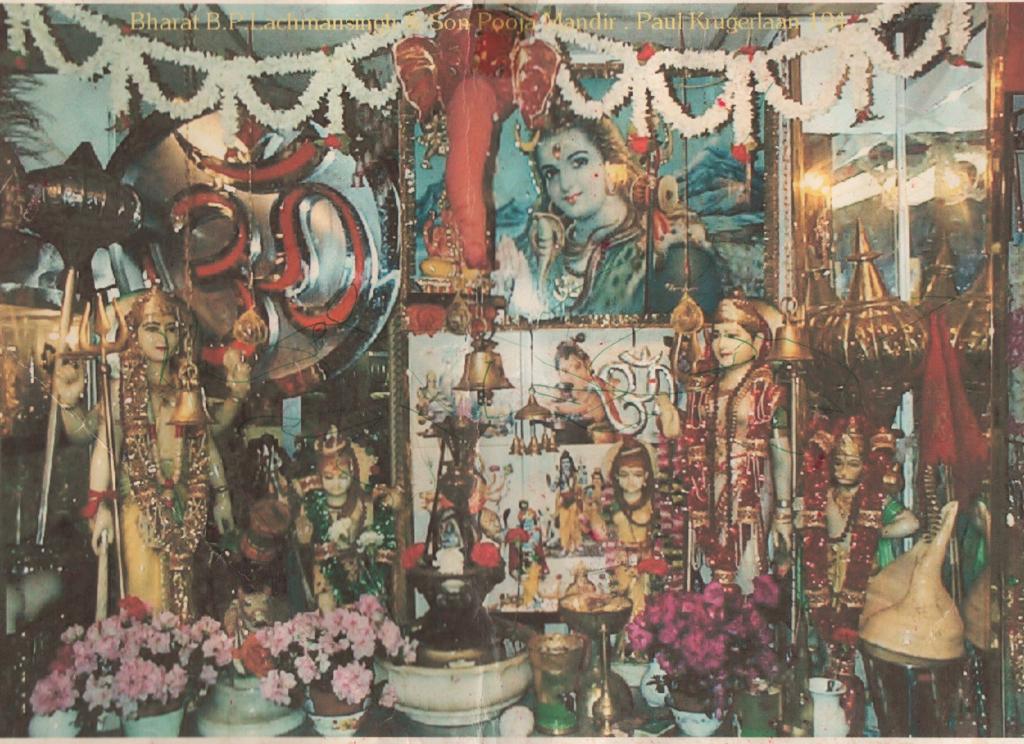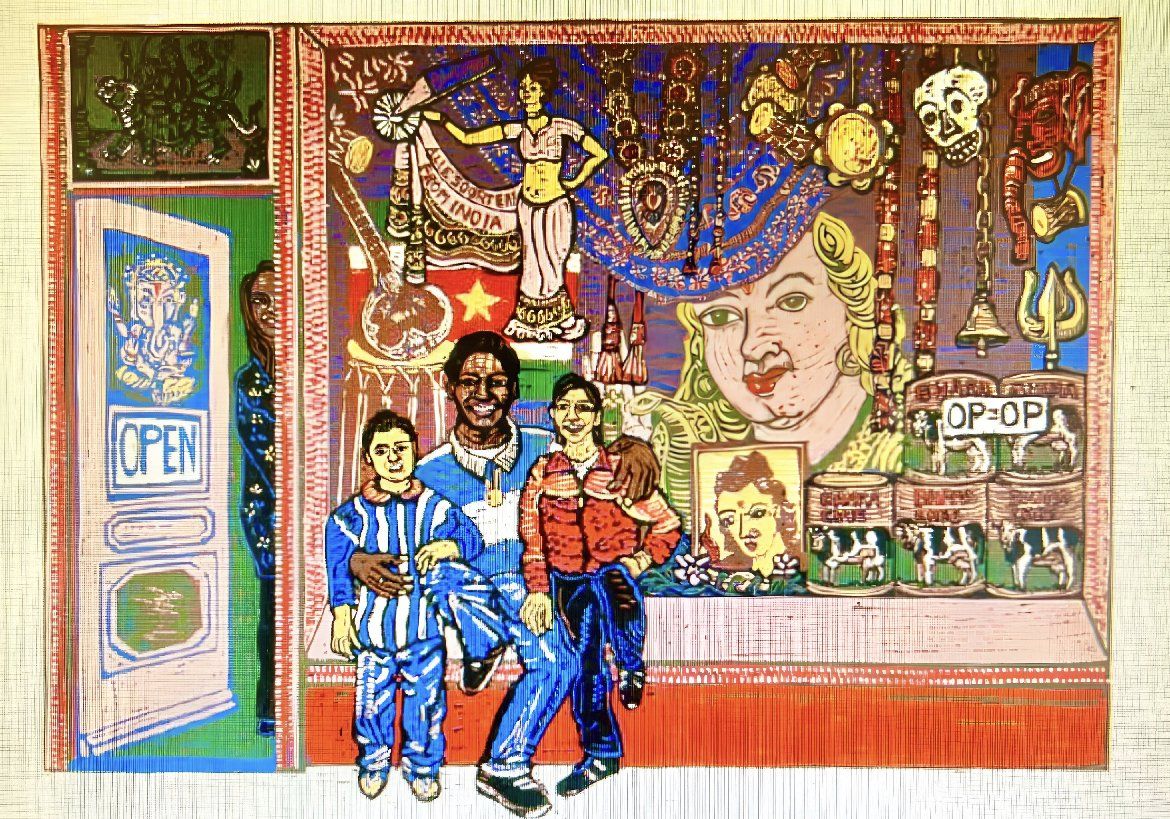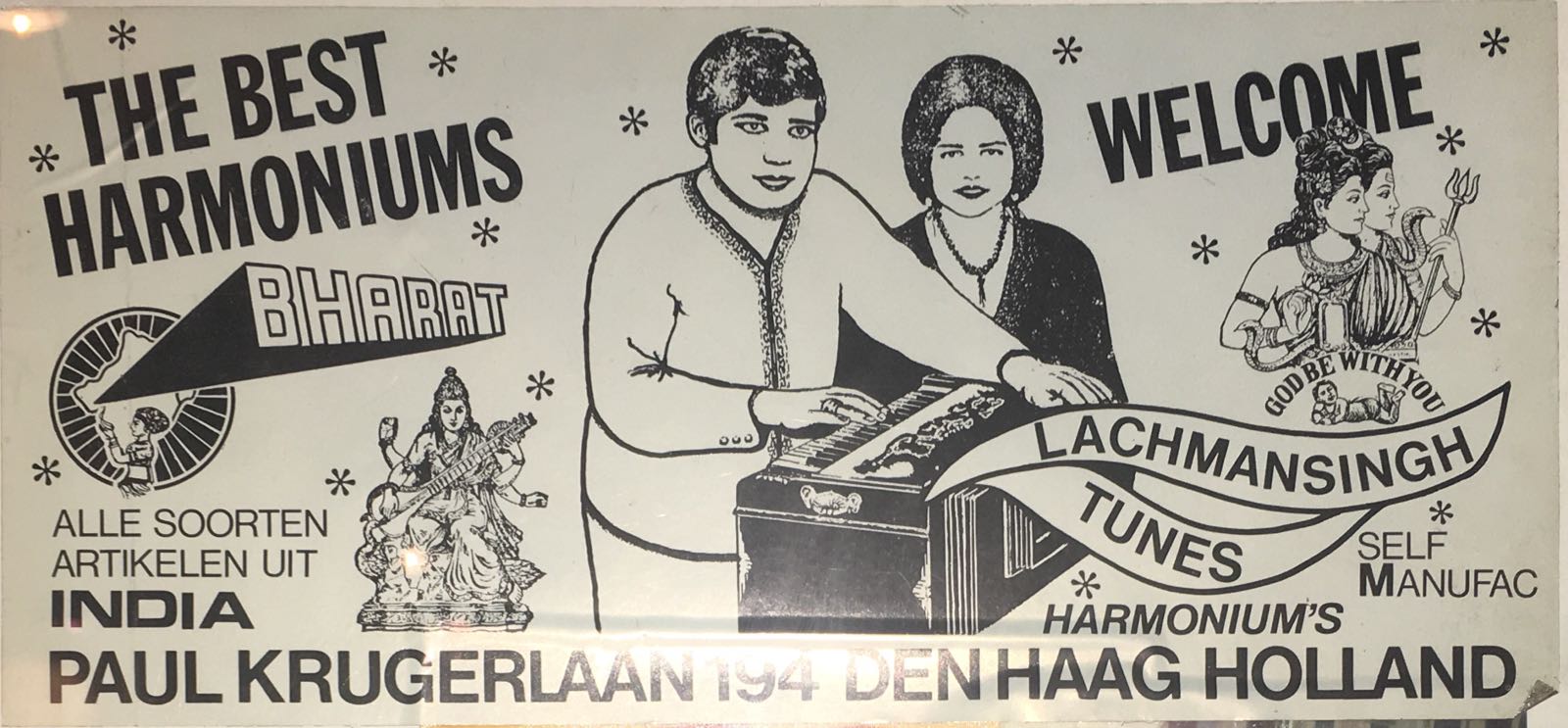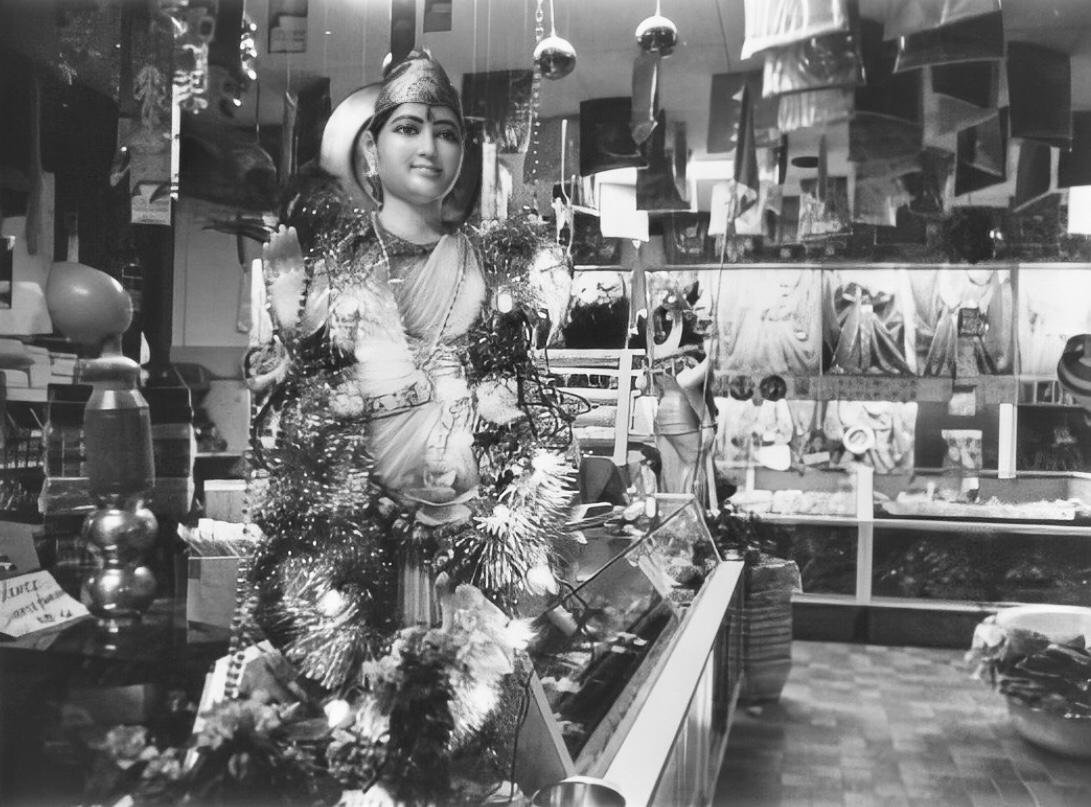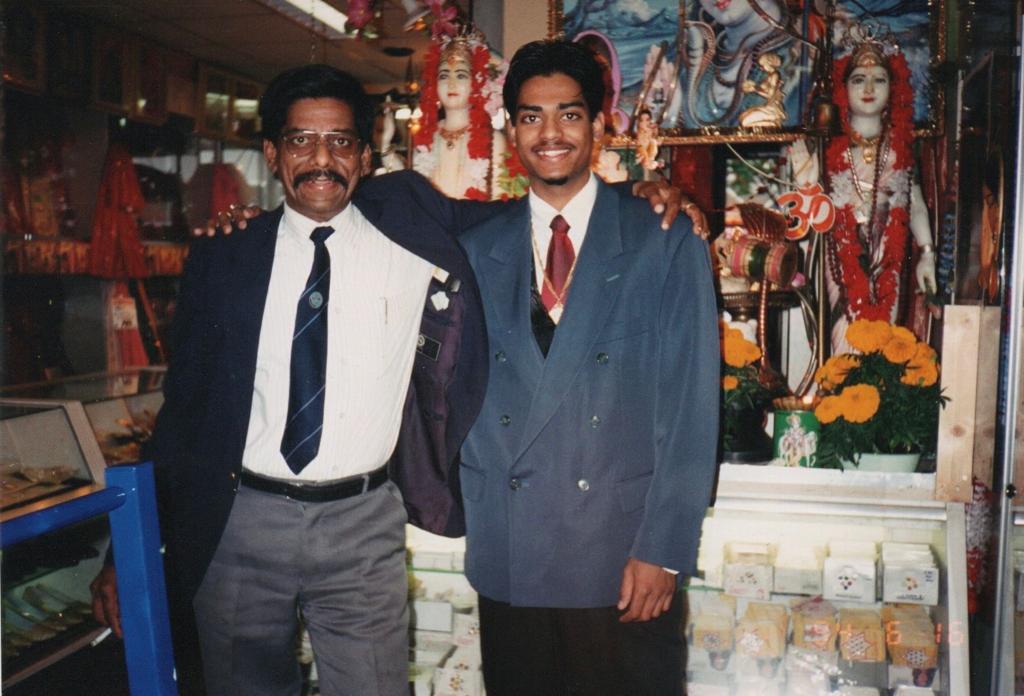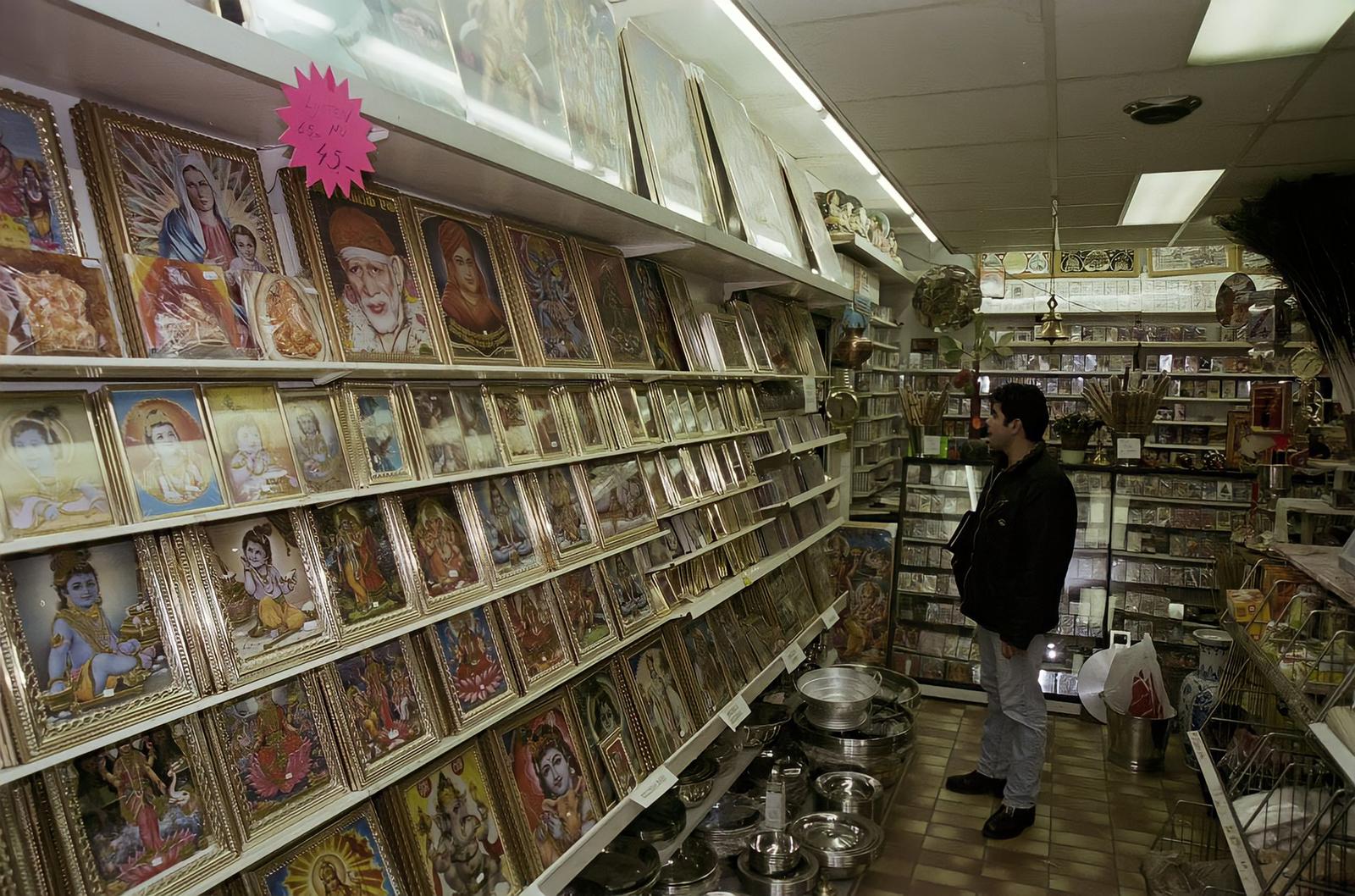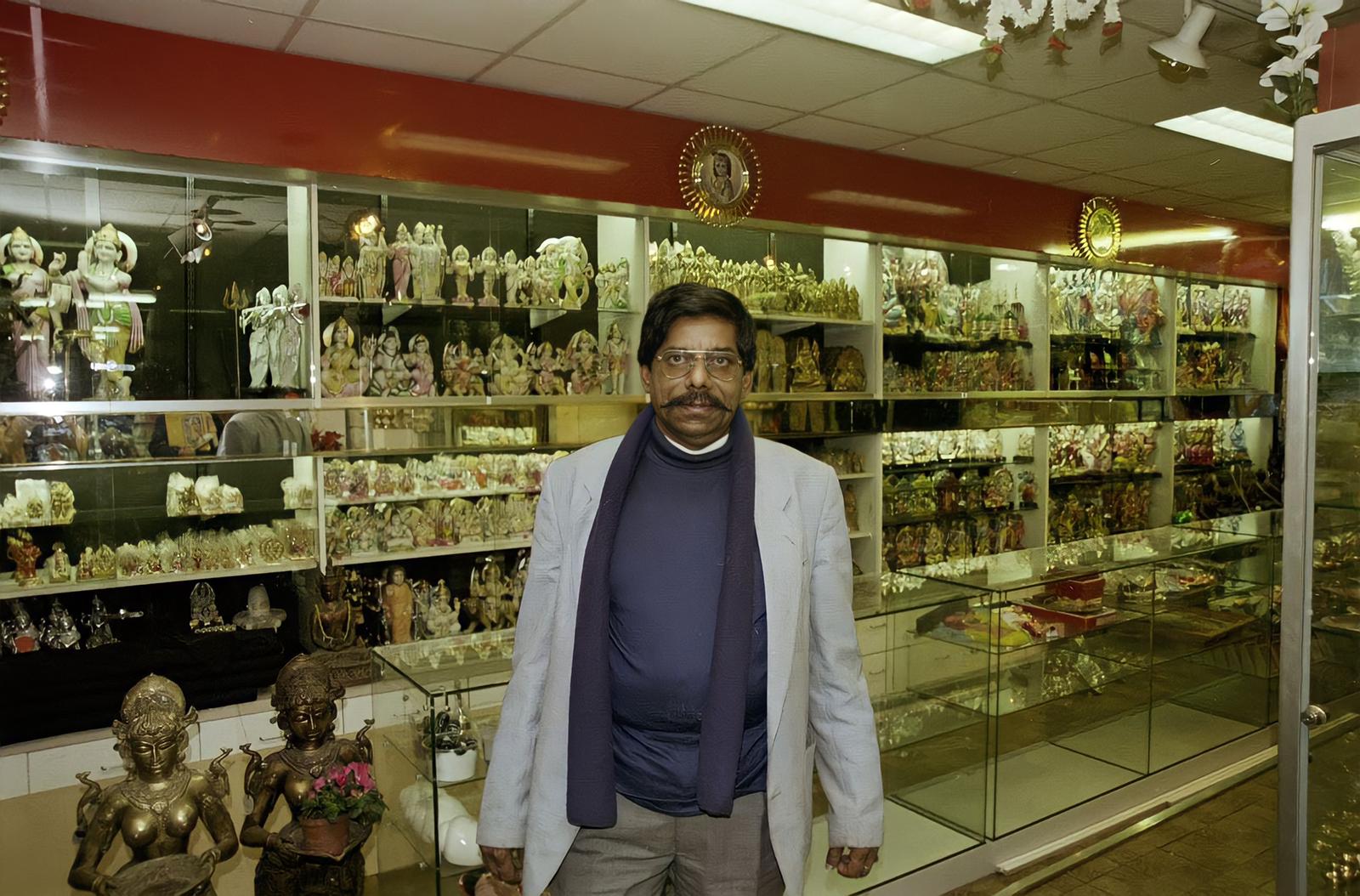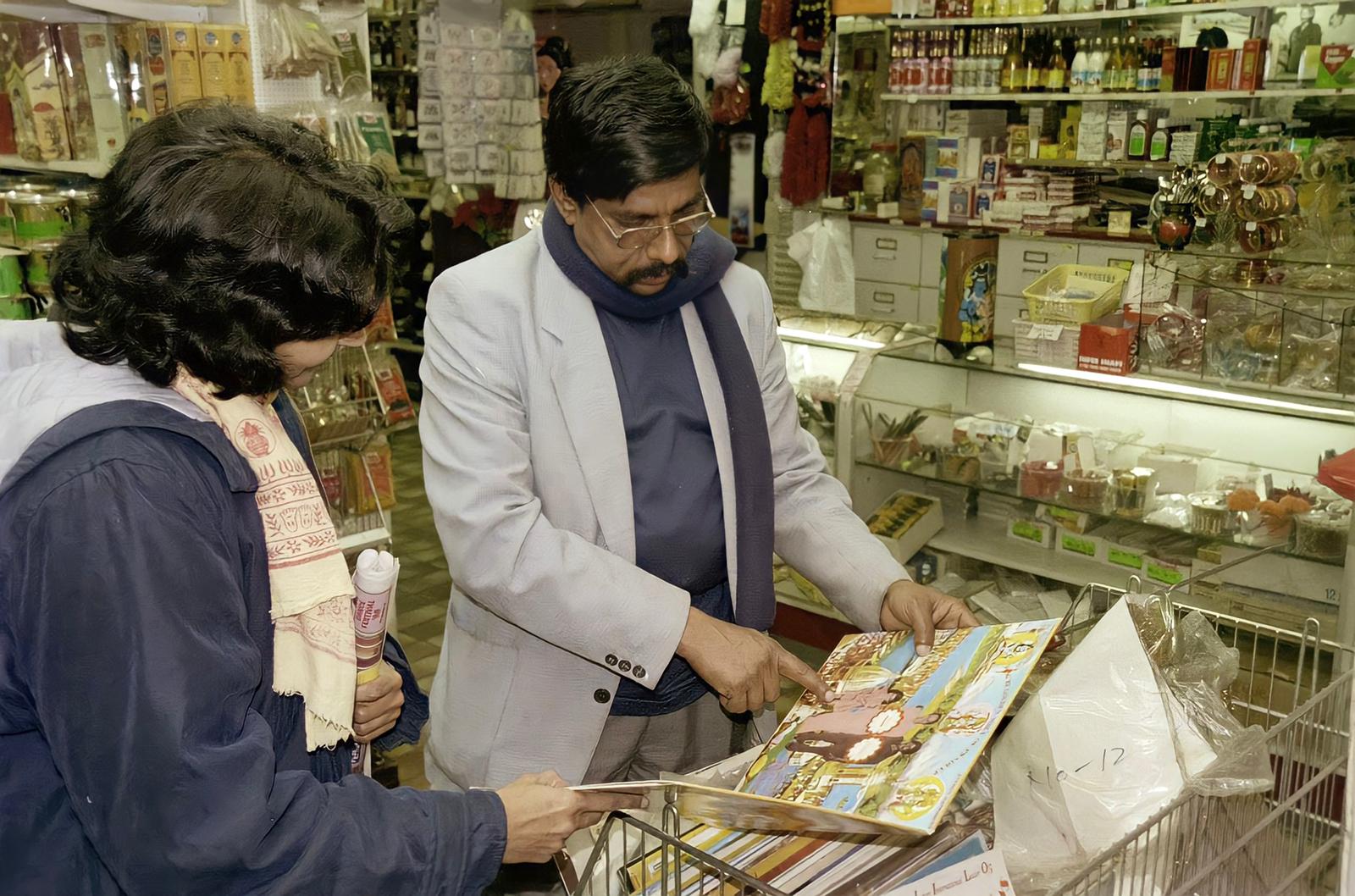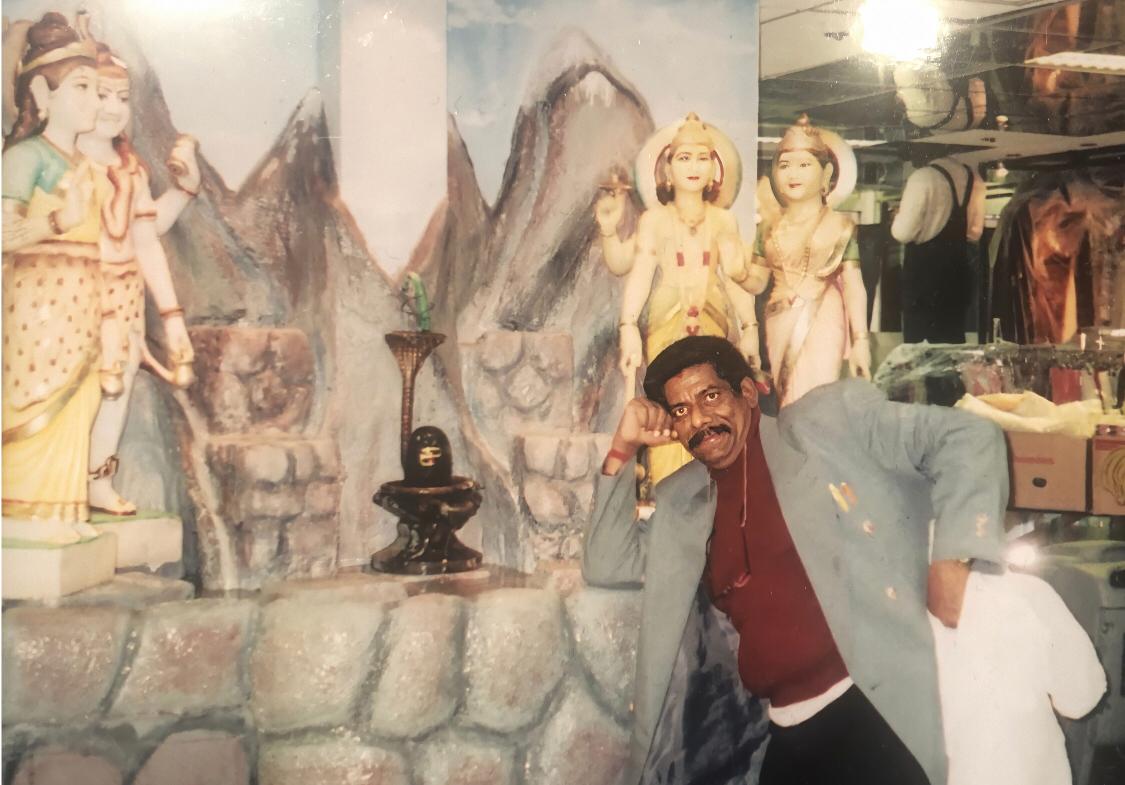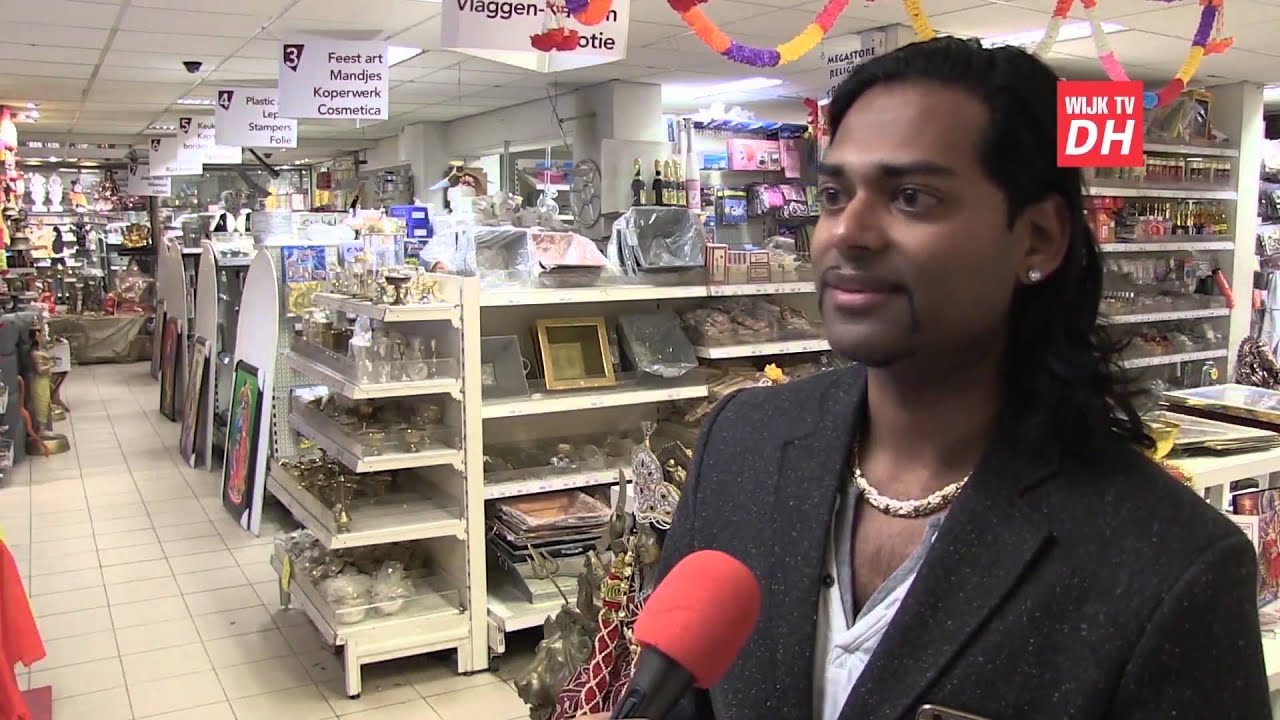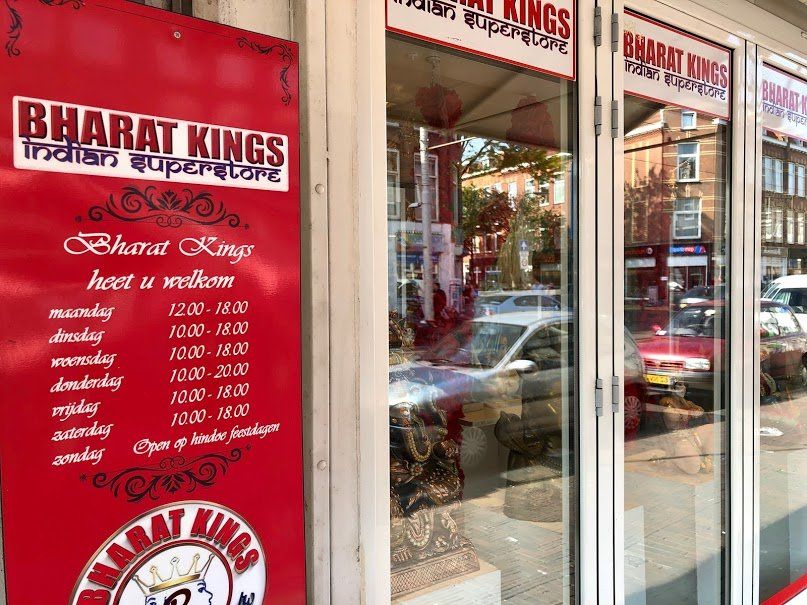"It all started in 1968, when BP Lachmansingh dared to make the journey from Suriname to the Netherlands"
Who are we?
How it all began.....
B,P, Lachmansingh is one of the best-known Hindustani entrepreneurs in the Netherlands. Every Hindustani household – of Indians originating from Suriname – has a product from his shop in its home. He was a wholesaler in religious articles: from statues of gods to supplies for a prayer service, from ritual clothing to rum from Suriname, with which some believers perform ritual washing. His son VK...Lachmansingh has expanded and expanded the business that was previously called simply Lachmansingh. He also changed the name to Bharat a few years ago.Kings. He did this for marketing and modernization purposes. It took a while before Lachmansingh fully accepted all these changes in his business. His son was just as stubborn as he was, but that boy also had a vision that the father could not say no to.
Lachmansingh came from Suriname to the Netherlands in 1968. The second oldest son from a family of ten brothers and two sisters, he was the first in the family to dare to cross the ocean. He came with the intention of studying medicine, but at a certain point he could no longer afford it. His poor parents in Suriname could no longer support him either. He had all kinds of jobs in different shops. Lachmansingh was attracted to trading. He had learned trading at a young age when he worked for a Chinese at the central market in Suriname. He turned out to be a real hustler, someone who scraped together his money with all kinds of trades and businesses.
He never unlearned that hustle. A customer could simply ask for a bicycle tire in his shop specializing in religion, and still get it. Lachmansingh could get anything from anywhere.
In that 'everywhere of everything' also lay his roots in his entrepreneurship in the Netherlands. He started a dump shop with army clothing and army shoes that he picked up cheaply elsewhere. Gradually he expanded his business to other sectors. In addition to his shop he also had a real estate agency, a travel agency and a roti shop where he sold Hindustani delicacies. All that in that small building in the Transvaalkwartier in The Hague, in the lane that was consistently incorrectly called 'Paul Gluker' by the Hindustani of the first generation.
New paragraph
Meanwhile, in 1973, he had married Dea Khedoe
(R. Lachmansingh- Khedoe), but there were a few things that preceded that. Lachmansingh already knew her from Suriname. When he heard that she had also come to the Netherlands and was working in a nursing home in Baarn, he went to see her. When they finally chose each other, they could not yet marry, because his mother in Suriname did not give her permission. They started living together, which was hardly the case among Hindustanis at the time. Lachmansingh went along with the Dutch trend in which living together had gradually become accepted. Anyone who lives here should adapt, that makes life easier, he thought. When his mother came to the Netherlands and saw how stable their relationship was, she agreed to their marriage. The bride and groom dressed in traditional Surinamese-Hindustani clothing. They travelled in a carriage that day, thinking back to the time when their parents and ancestors travelled in Suriname and India with horse and carriage.
After a few years of hustling in the Netherlands, Lachmansingh asked his father what he should do with his life. His father replied: "Go into the faith, because as long as the sun rises, the faith will remain."
That turned out to be the most important decision Lachmansingh ever made. He had never thought he would become so big in the business of religious matters. From the seventies he started buying religious products in India, and distributing and selling them in the Netherlands, later even in the whole of Europe, in Suriname and the United States.
On 31 May 1983, Lachmansingh received an honorary doctorate in religion from the reformist Hindu movement Arya Samaj in London, because he ensured that the sung story of the founder of the Arya Samaj, Swami Dayanand, was released worldwide on record. The fact that he did this was a sensitive issue in his environment. He himself was of Brahmin descent - the highest caste in Hinduism, which felt superior to a movement like the Arya Samaj. He came from an orthodox and very traditional Hindu family. But he released that LP because he felt that he had the freedom to sell any religious product to anyone who needed it.
As the Hindustani community in the Hofstad grew, so did Lachmansingh's sales market. He successfully expanded his range. Hindustani now form the largest immigrant population group, accounting for 10 percent of the inhabitants of The Hague.
Lachmansingh also sold items for Muslims to use in their prayers and rituals. Not exactly something that suits an orthodox Brahmin Hindu, but he just did it. His stubbornness and business acumen ensured acceptance within the community.
Life in The Hague was not easy. Rice, which they were used to eating in Suriname, was not available in the Netherlands at first, so they ate potatoes. Lachmansingh and his wife accepted it. As soon as it was possible, a shower was installed in the house and rice was cooked. If necessary, he imported it himself.
Lachmansingh had no problems with competition. Firstly because there was little competition with such a wide range, secondly because he didn't care at all. His products used to be expensive compared to those of competitors who came later. His son does things differently, since 1997 he has been delving into his father's formula and has successfully formed a passion to be close to the customer with their needs, he compares prices, looks at the purchase and looks at the layout of the store.
Feeling and experience are very important, he sees Bharat Kings more as a building block for the youth of the future.
Over the years his brothers also opened Lachmansingh's in Rotterdam, Utrecht and Amsterdam. That is why the son wanted to make a difference and chose another name, ''Bharat BP Lachmansingh Den Haag'' Bharat Kings (Indian Superstore) became the largest Hindustani store in Europe..and daughter Sawieta Dewie opened Dewie's Dream, a store specializing in women's clothing, jora jama's and accessories.
source:https://www.trouw.nl/home/grossier-in-religieuze-artikelen~a76dca69/
Bharat Kings in the media








